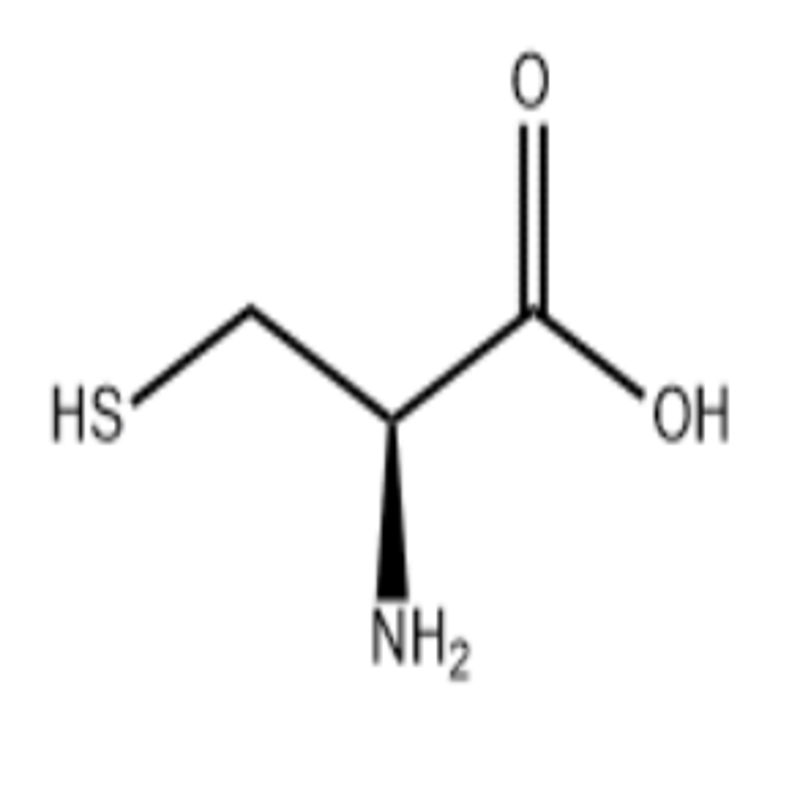New technology overcomes the problem of self-inticoming potato breeding
-
Last Update: 2021-03-12
-
Source: Internet
-
Author: User
Search more information of high quality chemicals, good prices and reliable suppliers, visit
www.echemi.com
potato is the world's most important tuber food crop, but due to the complexity of the tetum genetics, the process of genetic improvement of the potato is slow. A recent
published online by the University of New China is expected to speed up the process. Huang Sanwen, the author of the paper and a researcher at the Agricultural Genomics Research Institute of the Chinese Academy of Agricultural Sciences, told China Science daily that they used genome editing techniques to overcome the potato's self-insensity problem.
the same time, the journal published a commentary by Mark Taylor, a researcher at the James Hutton Institute in the United Kingdom, the world's leading potato research institution, arguing that the study opened up new avenues for double potato breeding, expanded self-relatives and potato resources, and accelerated genetic improvement of potatoes.
Huang Told reporters that due to the complexity of the genetic complexity of the four bodies, resulting in a long potato breeding cycle, slow variety renewal. Breeding with seed potatoes, there are low reproduction coefficient, high storage and transportation costs, easy to carry pests and diseases and other defects.
the creation of a double potato hybrid breeding system can overcome these structural barriers and fully exploit and utilize extremely rich secondary potato genetic resources. This has always been the dream of potato researchers, known as potato research "the crown jewel" and industrial development of the "green revolution."
, however, although 70 per cent of the potatoes in nature are doubles, self-indession is widespread and becomes the first challenge that must be overcome to achieve seed instead of seed potatoes.Zhang Chunzhi, co-author of the
paper and author of the genome institute, told reporters that the traditional way to overcome self-indescing is to use self-indesitiveness from wild potatoes and inhibit the gene Sli, but this will lead to a series of adverse symptoms such as longer stems and rising levels of dragon sunflowers.
team used genome editing techniques to solve the problem of self-indescing. Potato affinity is controlled by the KERNase gene (S-RNase). By stitching the column head transcription group from the beginning, the researchers obtained a full-length sequence of the S-RNase gene and used genome editing techniques to make a fixed mutation to the gene, resulting in self-affinity double potatoes. Then, through self-intercourse, a new potato material that does not contain exoded fragments can be applied directly to the breeding process.
Taylor points out that while the current production of double potatoes is less than four times, there is no evidence that dixes are necessarily worse than dixes, and the use of genomic editing techniques to address self-indiscipliance is indirect evidence that genetic improvement at the double level will be faster and more efficient.
is also the first major paper published since the implementation of the "Sweet Potato Program". In 2017, with the support of the Ministry of Agriculture and Rural Affairs, Huang Sanwen launched the "Excellent Potato Program" at home and abroad, i.e., replacing the plexes with the doubles, replacing the potato chips with hybrid seeds, and subversively innovating the breeding and reproduction methods of the potatoes. (Source: Li Chen, China Science Daily)
This article is an English version of an article which is originally in the Chinese language on echemi.com and is provided for information purposes only.
This website makes no representation or warranty of any kind, either expressed or implied, as to the accuracy, completeness ownership or reliability of
the article or any translations thereof. If you have any concerns or complaints relating to the article, please send an email, providing a detailed
description of the concern or complaint, to
service@echemi.com. A staff member will contact you within 5 working days. Once verified, infringing content
will be removed immediately.







